|

 
Tell us about The Accidental Anarchist
The Accidental Anarchist is the true story of Jacob Marateck, an Orthodox Jew who was sentenced to death three times in the early 1900s in Russia – and lived to tell about it. He also happened to have been the author’s grandfather. The book is based on Marateck’s diaries that he began keeping in 1905 during the Russo-Japanese War. That was when he decided that he needed to overthrow the Czar… You’ll enjoy reading his eyewitness account of living in the Russian-occupied territories during this historic time period, and how having a sense of humor and optimism enabled him to survive poverty, starvation and the horrors of war.
What genre is it?
Historical biography.
What kind of readers will it appeal to?
It appeals strongly to those interested in Japanese and Russian History, people who enjoy biographies, Jewish readers, and descendants immigrants to the United States from Europe, especially in the early twentieth century.
Did you say your grandfather started his diaries in 1905? Surely that makes this one of the longest books in the making in history!
“Over 100 years in the making,” is how Hollywood might describe it. My grandfather began keeping a diary during the Russo-Japanese War in 1905, and wrote nearly 300 pages at the time, Often he had to drop his fountain pen and pick up a rifle, or he had to throw the fountain pen and notebook into his rucksack and run, because the Russian army was perpetually on the retreat from the Japanese. But I suspect he got distracted by the need to survive, and those pesky death sentences and exile to Siberia, because even though he still held on to that diary, which we have to this day, he did not have time to write for quite a while.
 Jacob Marateck's diaries However during the years of his imprisonment, exile and escape to America, the stories that were still in his head entered the “oral tradition,” and he told them to entertain people. They constantly told him that he ought to write them down, that he ought to publish them, but he never had time – at least not until the depression. And once he started writing, he didn’t stop for 20 years… So, yes: a long time in the making.
My grandfather worked on his diaries for more twenty years straight, dying the very day he felt he was finished. Several years later, my parents began a years-to-decades process of translating my grandfather’s handwritten diaries (28 notebooks/volumes) into English (he wrote entirely in Yiddish), and published the first portion of the story over 35 years ago. I spent over 2 years rewriting the first book and creating a narrative structure in order to tell the complete story.
What are the major differences between your book and your parents’ interpretation, Samurai of Vishogrod? 
That is a great, and very appropriate, question. The big difference is that my parents published the stories from the first 12 of my grandfather’s 28 diaries whereas I created a cohesive narrative in which the stories played a major role. In rewriting the first book, I kept those stories about experiences that informed my grandfather’s worldview, and what made him the kind of person who held strong beliefs and led him to risk his life to stand up for what he believed in. I felt it was important for any reader to know who Jacob Marateck was as a person if they were going to care about him being sentenced to death (once, let alone 3 times). Unfortunately, I had to omit quite a few, fascinating stories, such as about my great-grandparents’ arranged marriage in the mid 1800s, because it didn’t fit the narrative framework I created, which focused on the question: “Who is this man who keeps getting into trouble, and why doesn’t he learn from his experiences?!?” (I published the excised stories as early entries on my blog so they can still be enjoyed and aren’t lost.)
How much of your grandfather do you see in yourself?
I never knew my grandfather, but I wish there was a lot more of him in me. I don’t mean simply the sense of humor – which some people think I have; everyone except my husband and children, that is – but his incredible resilience, his survival skills. When I read what he went through and what he did to survive, I look at it and think, “If that were me in that situation, I would just give up,” and yet he never did. His humor and optimism kept him going, as did his incredible connection with his family, which is all the more remarkable considering that he left home at the age of 12. Imagine imbuing your children with the values and survival skills that will carry them through life by that young an age. I realize it’s not a fair comparison because we are so ‘soft’ in modern times that we cannot imagine having to sleep in a tree or go 3 days without food.
But my grandfather was also incredibly devoted to his friends, and that was part of what kept him alive. Since other people had attached themselves to him, attached their own survival to him, he could not give up even when that would have been the rational thing to do. Although neither I, nor my friends have been in such life-threatening situations, I do attach tremendous value to friendship, and do a lot to support it. In fact, I think my greatest strength, and value, as a human being is being a good friend, a good mother, and trying to be a good person overall.
That leads neatly to our next question: tell us a bit about yourself.
I graduated from Barnard College where I majored in playwriting, and received the Helen Price Memorial Prize for Dramatic Composition. My first play was a finalist for the Eugene O’Neill Memorial Theater Competition, and was scheduled for production twice: the first time, the theater owner died, and the season was shut down; the second time, the director committed suicide. For the benefit of the arts community, I got out of playwriting, and earned an MBA from Yale University to make up for my misspent youth. After spending 15 years in marketing for health-care, high tech and consumer bproducts companies, I returned to writing. The Accidental Anarchist is my first published book. It has won multiple awards, including the 2012 Readers Favorite Award for Historical/Cultural Non-Fiction; the 2012 International Book Award, and National Indie Excellence Award for a Historical Biography; and the 2011 “USA Best Books” Award for a Historical Biography.
You mentioned a blog earlier. What’s the best way for readers to keep up with your work?
I keep readers up to date on my Facebook Fan page, as well as maintain a blog on my website.
Where can we buy your book?
On my website to get a signed copy, on Amazon ( US
, UK
), where it can also be downloaded to the Kindle, and at various other bricks-and-mortar and online book stores.
What’s next?
I am writing a book about self-publishing, and am editing memoirs with and for various other writers.
One final question: do you know why your grandfather started keeping diaries in the first place?
He kept it because he wasn’t sure he would survive the war, and wanted the diary, in which he shared his deepest thoughts and fears, to go to his parents if he didn’t make it home. In his diaries, he wrote about the incredible incompetence of the Russian army – illustrations of “how the Czar had let down his own people” – which led to my grandfather’s decision to get involved in overthrowing the Czar after the war. Sometimes I think he kept those notes as “evidence” for why he needed to do what he did – not that justice in Russia at the time cared at all about due process. You were arrested and executed – no questions asked even afterwards. But what was so remarkable – and I suspect it speaks to my grandfather’s relationship with his parents – was that he wrote with such humor and irony about what were truly miserable circumstances for everyone living in the Russian-occupied territories. It was that battlefield humor that soldiers seem to have always used as a survival mechanism, as we all saw in the soldiers in M*A*S*H.
 
|





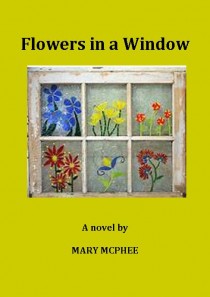
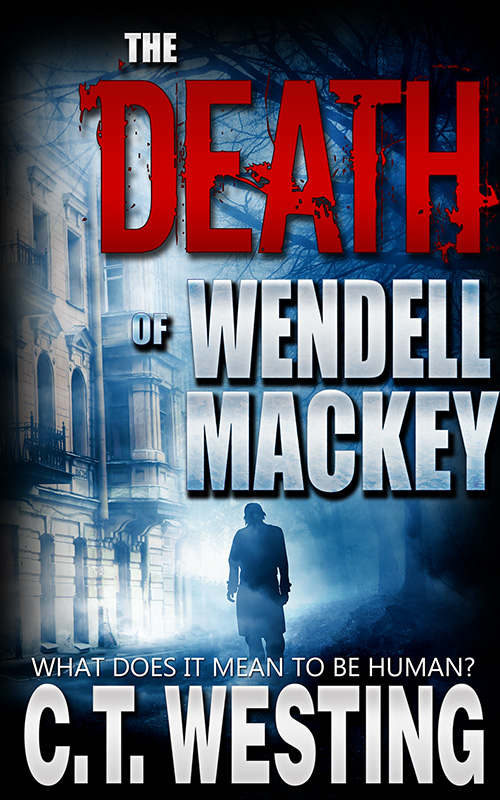
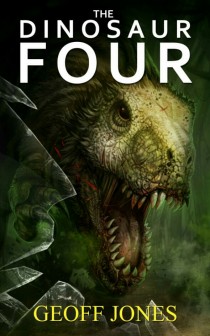
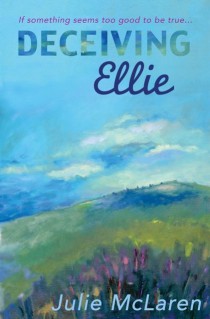
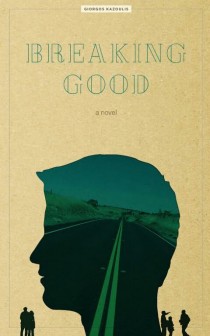
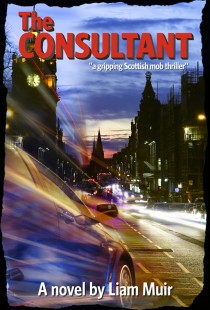
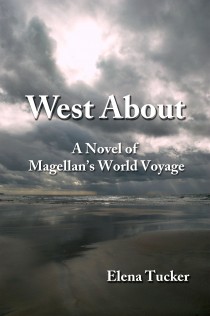
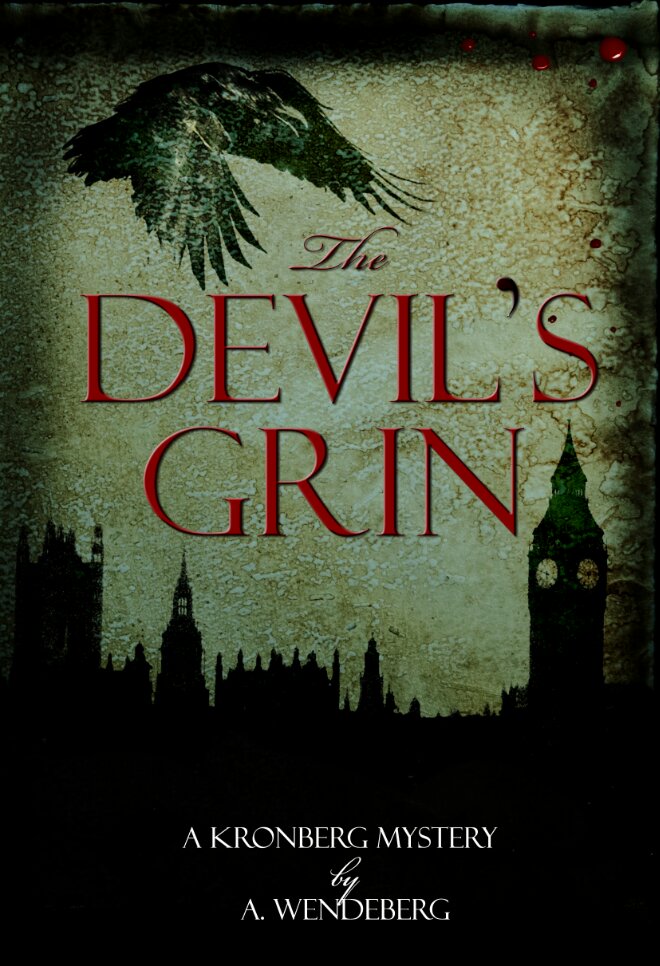
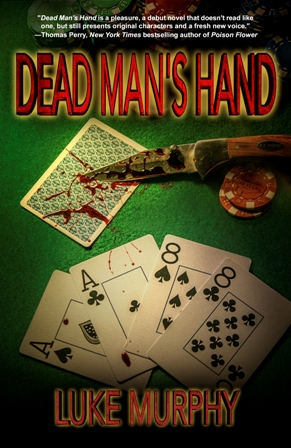
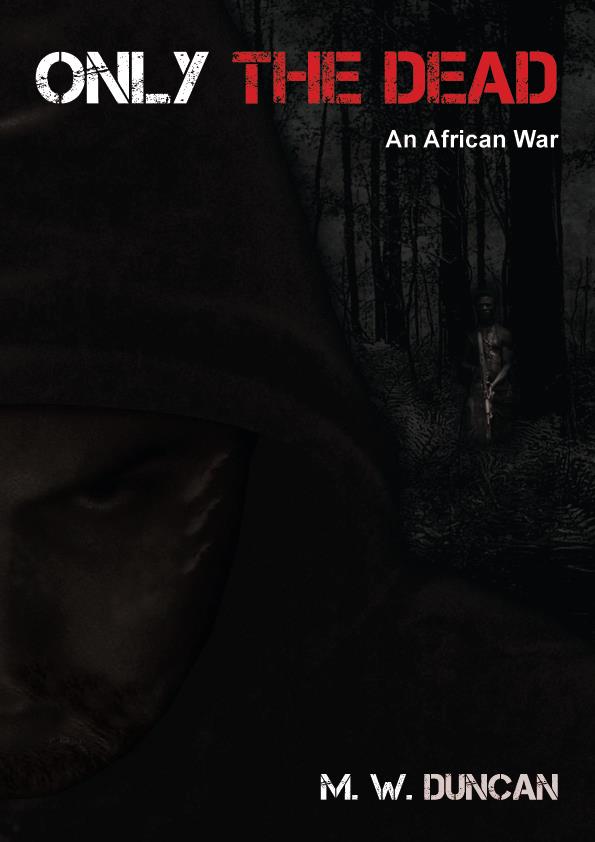

Pingback: New Interview Appearing Today |